What treatment
10+ Highly Rated Intracytoplasmic sperm injection ICSI Clinics in Mexico
Reach Out to These Certified Intracytoplasmic sperm injection ICSI Clinics List in Mexico Loved by Patients!
IVF Clinic in Mexico ViaFERT Culiacan
Overview
ViaFERT is one of the best fertility clinics in Mexico, located in Culiacan. Expert IVF, ICSI, IUI, egg donation, and genetic testing. Book your consultation today.
Read more details
Centro de Fertilidad del Prado
Overview
Del Prado Fertility Center, recognized as one of the best fertility clinics in Tijuana, Mexico, provides advanced fertility treatments, personalized care, and address reproductive challenges.
Read more details
Dr. Javier Piri Sarmiento - IVF Specialist in Tijuana Mexico
Overview
Dr. Javier Piri, fertility and reproductive medicine expert in Tijuana. Personalized IVF treatments to help you start your family.
Read more details
Eligen Fertility Center
Overview
Eligen Fertility Center in Gustavo Adolfo Madero, Mexico offers surrogacy, IVF, ICSI, semen freezing, IUI, and ovulation induction services.
Read more details
Discover your treatment options with a free, no-obligation quote!
Get your quote now!Fertility Beyond Borders - Dr. Felix Atondo
Overview
Discover leading IVF clinic in Tijuana, Mexico. Fertility Beyond Borders offers expert fertility solutions for your journey. Book now at PlacidWay!
Read more details
IVF Clinic in Mexico ViaFERT Mazatlan
Overview
ViaFERT is a leading IVF clinic in Mazatlan, Mexico, offering advanced fertility treatments like IVF, ICSI, egg donation, and surrogacy to help build families.
Read more details
The Fertility Center Mexico
Overview
The Fertility Center Mexico is a top IVF clinic in Tijuana, Mexico, offering advanced fertility treatments for your parenthood journey.
Read more details
Eligen Fertility Center | Spanish Profile
Overview
Eligen Fertility Center en Gustavo Adolfo Madero, Mexico ofrece servicios de gestacion subrogada, FIV, ICSI, congelacion de semen, IUI e induccion de ovulacion.
Read more detailsDiscover your treatment options with a free, no-obligation quote!
Get your quote now!FertilyLife
Overview
Discover FertilyLife, the premier IVF Treatment Center in Cancun, Mexico. Offering surrogacy, egg donation, ICSI, embryo cryopreservation and more.
Read more detailsMedica Fertil
Overview
Medica Fertil provides best IVF Treatment in Queretaro, Mexico. Book online now IVF with Gender Selection, In Vitro Fertilization, and Intrauterine insemination at Medica Fertil.
Read more detailsBaja Fertility Services - IVF Clinic Tijuana Mexico
Overview
Discover Baja Fertility Services, a leading IVF clinic in Tijuana, Mexico, offering advanced fertility treatments and personalized patient care.
Read more detailsCGYRA
Overview
Located in Acapulco, Mexico, CGYRA is a fertility center led by Dr. Manuel Medina Carreón, Gynecologist-Obstetrician Certified by the Society of Gynecology and Obstetrics.
Read more detailsCitmer Center for Technological Innovation and Reproductive Medicine
Overview
The Center for Technological Innovation and Reproductive Medicine Citmer, located in Mexico City, Mexico, is a fertility clinic authorized by Cofepris and equipped with state-of-the-art technology.
Read more detailsConsultorio Privado
Overview
Consultorio Privado in Merida, Mexico provides expert women's care, fertility solutions, comprehensive obstetrics, and advanced gynecological treatments.
Read more detailsDR CIGUENA FERTILITY CENTER
Overview
DR CIGÜEÑA FERTILITY CENTER in Mexicali, Mexico specializes in Infertility and Reproductive Medicine and offers the best-assisted reproduction treatments for those who wish to conceive and had difficulty achieving it.
Read more detailsFertilidad Integral
Overview
Discover Mexico City's leading IVF fertility clinic. Fertilidad Integral offers premier treatment with compassion and expertise. Book your consultation today!
Read more detailsGEMEDS Mexico, Grupo Enlaces Medicos
Overview
GEMEDS Mexico, Grupo Enlaces Medicos is the best medical center for the fertility treatment in Cancun, Mexico. You can get best treatment for In Vitro Fertilization (IVF), Intracytoplasmic sperm injection (ICSI), IVM - In Vitro Maturation at GEMEDS Mexico, Grupo Enlaces Medicos. It is time to find and compare your treatment options here.
Read more detailsHestia Fertility
Overview
Discover expert fertility care at Hestia Fertility in Juarez, Mexico. Personalized treatments, advanced labs, and compassionate support await you.
Read more detailsInovavita Fertility Clinic
Overview
Inovavita Fertility Clinic in Mexico City, Mexico, offers Reproductive Medicine services in Women's Health and Fertility treatments, which range from Gynecology to Reproductive and Genetic Medicine.
Read more detailsIREGA Acapulco
Overview
IREGA IVF Acapulco is a leading clinic in Mexico offering reproductive health and infertility treatment solutions for local and international patients. Their key treatment procedures include IVF, artificial Insemination, PGD, ICSI, Assisted Hatching, Egg Donation, Sex Selection and more.
Read more detailsWhich are the top-rated Intracytoplasmic Sperm Injection (ICSI) clinics in Mexico, and what makes them stand out?
Leading ICSI clinics in Mexico, such as ViaFERT in Culiacan and Mazatlan, Centro de Fertilidad del Prado in Tijuana, and FertilyLife in Cancun, are recognized for advanced reproductive technologies, experienced teams, and personalized patient care. These facilities offer comprehensive fertility services, drawing international patients seeking high-quality reproductive solutions with a strong commitment to success and patient well-being.
Mexico has become a prominent destination for fertility treatments like Intracytoplasmic Sperm Injection (ICSI), attracting patients worldwide with its blend of cutting-edge medical technology and patient-focused services. Here are some of the highly-regarded clinics:
- ViaFERT Culiacan & Mazatlan: Known for extensive fertility programs, including advanced IVF and ICSI. Patients often highlight their modern embryology labs and supportive environment for complex cases, such as egg donation and surrogacy.
- Centro de Fertilidad del Prado, Tijuana: This center focuses on personalized care, offering a wide array of fertility treatments. Their experienced team consistently achieves high patient satisfaction across various assisted reproduction techniques, including ICSI, often serving international patients due to its convenient location.
- Eligen Fertility Center, Gustavo A. Madero: Eligen Fertility Center provides a full spectrum of reproductive services. They combine advanced medical protocols with comprehensive patient support, making them a favored choice for integrated fertility solutions.
- FertilyLife, Cancun: Leveraging its location in a popular tourist area, FertilyLife offers high-quality medical expertise alongside a comfortable environment. They specialize in advanced reproductive procedures like ICSI and embryo cryopreservation, catering to both local and international clients.
- Fertility Beyond Borders - Dr. Felix Atondo, Tijuana/Guadalajara/Cancun: This group is noted for its advanced IVF and ICSI solutions and tailored treatment plans across its multiple branches. They are frequently chosen for their proficiency in addressing complex fertility challenges and providing extensive support to international patients.
What key factors should influence my choice of an ICSI clinic in Mexico?
When choosing an ICSI clinic in Mexico, prioritize specialized expertise in male infertility, advanced lab facilities, transparent communication, and comprehensive patient support. Look for robust quality control, personalized treatment plans, and positive patient testimonials to ensure a successful and comfortable fertility journey.
Selecting the right clinic is crucial for your ICSI journey. Beyond initial impressions, consider these critical aspects:
- Specialized Expertise: Confirm that the clinic's reproductive endocrinologists and embryologists have specific experience in ICSI and a strong track record with male factor infertility cases.
- Advanced Laboratory: The quality of the embryology lab is paramount. Inquire about their equipment, air filtration systems, and embryo culture environment to ensure optimal conditions.
- Patient Support Services: For international patients, essential services include bilingual coordinators, assistance with travel logistics, and local accommodation guidance.
- Transparency and Communication: A reputable clinic will provide clear explanations of procedures, potential risks, and their success rates, maintaining open and honest communication.
- Quality and Safety Protocols: Verify adherence to international standards for patient safety, infection control, and data privacy to ensure a secure treatment experience.
How do Mexican ICSI clinics ensure the quality of their embryology labs?
Top ICSI clinics in Mexico ensure high lab quality through advanced equipment, strict environmental controls, and highly trained embryologists with specialized certifications. They implement rigorous quality assurance protocols and use cutting-edge technology for embryo culture and selection to optimize fertilization and embryo development.
The embryology lab is central to ICSI success. Clinics maintain quality through:
- State-of-the-Art Equipment: Utilizing advanced microscopes with micromanipulators for precise sperm injection, modern incubators for stable embryo development, and vitrification systems for effective cryopreservation.
- Controlled Environment: Labs maintain strict temperature, humidity, and air quality controls, often incorporating HEPA filters to minimize contaminants detrimental to embryos.
- Expert Embryologists: The team consists of embryologists who have undergone specialized training and certification in assisted reproductive technologies, with ongoing education to stay abreast of the latest advancements.
- Quality Assurance Programs: Regular internal audits, external inspections, equipment calibration, and adherence to established guidelines (like those from RedLARA) ensure consistent high quality and safety.
- Advanced Embryo Monitoring: Many clinics employ time-lapse imaging systems (e.g., EmbryoScope) for non-invasive, continuous monitoring of embryo development, which aids in selecting the most viable embryos for transfer.
What are the essential accreditations for ICSI facilities in Mexico?
Essential accreditations for Mexican ICSI clinics include federal licensing by COFEPRIS and membership in the Latin American Network of Assisted Reproduction (RedLARA). These credentials signify adherence to national health regulations and regional best practices in fertility medicine, assuring patients of quality care, safety, and ethical standards.
Accreditations are vital indicators of a clinic’s commitment to excellence and patient safety. For ICSI clinics in Mexico, key credentials include:
- COFEPRIS (Comisión Federal para la Protección contra Riesgos Sanitarios): This is the mandatory federal health regulatory body. Clinics must be licensed and regularly inspected by COFEPRIS to ensure compliance with national health and safety standards.
- RedLARA (Red Latinoamericana de Reproducción Asistida): Membership indicates participation in a respected regional network focused on standardizing and improving assisted reproduction. Members report data for quality control and benchmarking, adding credibility.
- Local Health Department Certifications: Clinics often hold additional state or municipal health permits, confirming adherence to local operational standards.
- International Certifications (e.g., JCI): While not universally required, some premier clinics pursue international accreditations like the Joint Commission International (JCI), demonstrating alignment with global healthcare benchmarks, which can be particularly reassuring for international patients.
How do Mexican clinics manage the patient journey for international ICSI patients?
Mexican ICSI clinics streamline the international patient journey with dedicated bilingual coordinators, virtual consultations, and comprehensive travel assistance including airport transfers and accommodation. They ensure seamless communication, secure medical record transfers, and local support, making the entire experience smooth and stress-free for patients from abroad.
Top clinics understand the unique needs of international patients and offer tailored support:
- Dedicated International Patient Coordinators: A bilingual coordinator serves as your primary contact, assisting with inquiries, scheduling, and communication, ensuring a clear and consistent flow of information.
- Remote Consultations: Initial medical history reviews, diagnostic evaluations, and preliminary treatment plans are efficiently conducted via secure video calls or teleconferences.
- Travel Logistics Assistance: Clinics often provide support with airport pickups, transportation to appointments, and recommendations for or discounted rates at local hotels, easing the travel burden.
- Bilingual Staff: All clinical and administrative staff are typically fluent in English, and crucial medical documents are provided in relevant languages.
- Coordinated Local Monitoring: Assistance in arranging initial tests or monitoring with your local doctor before traveling ensures continuity of care.
- Post-Treatment Follow-up: Remote follow-up consultations and care coordination are often available, offering ongoing support after you return home.
What level of success can I realistically expect from ICSI clinics in Mexico?
Realistically, reputable ICSI clinics in Mexico achieve success rates comparable to leading international centers, though individual outcomes depend heavily on factors like age, diagnosis, and embryo quality. Patients should specifically inquire about live birth rates per embryo transfer, broken down by age group, for the most transparent expectation.
For medical tourists, understanding expected success is key. Here's what to consider:
- Clinic-Specific Data: Success rates can vary significantly between clinics. Reputable Mexican clinics, especially those part of accredited networks like RedLARA, often publish audited data specific to their practice.
- Individual Factors: The most influential determinants of ICSI success are the female partner's age (directly impacting egg quality), the specific cause of infertility, and the quality of both sperm and embryos. Your clinic should provide a personalized prognosis.
- Focus on Live Birth Rates: Always look for live birth rates (the number of babies born per cycle started or embryo transfer) rather than just pregnancy rates (positive pregnancy test or heartbeat detection), as this provides the most meaningful measure of success.
- Detailed Statistics: Ask for success rates stratified by age categories (e.g., under 35, 35-37, 38-40) and differentiate between fresh and frozen embryo transfers for a precise comparison.
- Technology and Expertise: High success rates correlate strongly with state-of-the-art laboratory technology and the extensive experience and skill of the embryology team performing the intricate ICSI procedure.
What information should I request to verify the expertise of ICSI specialists in Mexico?
To verify an ICSI specialist's expertise in Mexico, request their board certifications in reproductive medicine, years of experience specifically with ICSI, and memberships in national or international fertility societies. Also, inquire about their ongoing professional development and the clinic's specific ICSI success rates to gauge their proficiency and alignment with best practices.
It's vital to feel confident in your medical team. Here's what to ask:
- Board Certifications: Confirm that the fertility specialists (reproductive endocrinologists) hold board certifications in gynecology and obstetrics, with a subspecialty in reproductive medicine. This indicates comprehensive, accredited training.
- ICSI-Specific Experience: Directly ask about their years of experience performing ICSI procedures, particularly in managing various complex male infertility cases.
- Professional Memberships: Look for affiliations with respected professional organizations, such as the Mexican Association of Reproductive Medicine (AMMR), the Latin American Network of Assisted Reproduction (RedLARA), or global groups like the American Society for Reproductive Medicine (ASRM).
- Embryology Team Qualifications: The skill of the entire embryology team is crucial. Inquire about their collective experience and specialized training.
- Continuing Education: A dedicated specialist will regularly participate in international conferences, workshops, and advanced training programs to remain updated on the latest assisted reproductive technologies.
Do Mexican ICSI clinics offer specialized support for specific male infertility factors?
Yes, Mexican ICSI clinics often provide specialized support for various male infertility factors, including severe oligospermia or azoospermia. They offer advanced diagnostic tests, surgical sperm retrieval procedures like TESE/TESA, and customized ICSI protocols to maximize fertilization and improve outcomes for challenging male factor cases.
Addressing male infertility is a core component of ICSI treatment. Clinics offer:
- Advanced Diagnostics: Comprehensive diagnostic evaluations including detailed semen analysis, hormonal assessments, and genetic screening to precisely identify the underlying causes of male infertility.
- Surgical Sperm Retrieval: For men with conditions such as obstructive or non-obstructive azoospermia, clinics provide advanced surgical procedures like Testicular Sperm Extraction (TESE), Testicular Sperm Aspiration (TESA), or Microdissection TESE (Micro-TESE) to directly retrieve sperm from the testes.
- Specialized Andrology Labs: Equipped to efficiently handle, process, and cryopreserve sperm samples, including those obtained through surgical retrieval, ensuring optimal quality for ICSI.
- Personalized ICSI Protocols: Tailored treatment plans are developed based on the specific male factor, optimizing sperm selection and microinjection techniques to enhance fertilization rates.
- Lifestyle and Nutritional Counseling: Some clinics also offer guidance on lifestyle modifications, dietary changes, and specific supplements that may improve sperm health.
- Donor Sperm Programs: In situations where viable sperm cannot be obtained, clinics offer access to anonymous sperm donor programs from accredited and ethically screened banks.
What are the typical steps involved in preparing for ICSI treatment at a Mexican clinic?
Preparing for ICSI in Mexico typically involves an initial remote consultation to review medical history and diagnostics, followed by a personalized treatment plan. This plan includes medication protocols, pre-travel screenings, and coordination with your local doctor, ensuring both partners are thoroughly optimized for the procedure upon arrival at the clinic.
The preparatory phase is designed to be comprehensive and convenient for international patients:
- Initial Remote Consultation: You'll typically begin with a video call with a fertility specialist to discuss your medical history, any previous treatments, and address your initial questions.
- Diagnostic Testing: Essential tests, such as hormone level checks, infectious disease screenings, semen analysis, and possibly genetic testing, are usually completed in your home country and securely forwarded to the Mexican clinic for review.
- Personalized Treatment Plan: Based on your diagnostic results, the clinic will develop a customized ICSI protocol, detailing medication dosages, a precise timeline for treatment, and the anticipated duration of your stay in Mexico.
- Medication Protocol: You will receive clear instructions for fertility medications, which often start in your home country to prepare your body for egg retrieval.
- Pre-Travel Coordination: The clinic's international patient coordinator will assist with logistical arrangements, including scheduling flights, booking accommodation, and arranging local transportation.
- Final On-Site Assessments: A few days prior to the actual procedure, you'll undergo final ultrasounds and blood tests at the clinic to confirm optimal readiness for egg retrieval and sperm collection.
How do Mexican ICSI clinics prioritize ethical considerations and patient well-being?
Mexican ICSI clinics prioritize ethical standards and patient well-being by adhering strictly to national and international guidelines, implementing robust informed consent processes, and providing comprehensive psychological support. They focus on transparency, safeguarding patient rights, and a compassionate approach throughout the entire fertility journey, ensuring all decisions align with both medical best practices and individual patient values.
Ethical conduct and patient welfare are foundational to reputable fertility care in Mexico:
- Informed Consent Procedures: Clinics ensure patients receive thorough explanations of the ICSI procedure, including potential risks, realistic success rates, and available alternatives, before any treatment begins. All consent is fully documented and often presented in multiple languages.
- Adherence to Regulations: Operations strictly comply with Mexico's Federal Law on the Protection of Personal Data and typically follow the stringent guidelines established by organizations like the Latin American Network of Assisted Reproduction (RedLARA), which enforce high ethical standards.
- Patient Autonomy: Clinics uphold patient's rights to make autonomous decisions regarding their treatment, including choices about embryo disposition, selection of donors, and the number of embryos to transfer, providing guidance without undue influence.
- Psychological and Emotional Support: Recognizing the emotional challenges of infertility treatment, many clinics offer access to counseling services, patient support groups, or referrals to specialized mental health professionals.
- Transparency in Practices: Ethical clinics maintain full transparency regarding their laboratory processes, handling of genetic materials, and reporting of outcomes, fostering trust and confidence with patients.
- Confidentiality and Data Privacy: Robust protocols are in place to ensure the absolute confidentiality and security of all patient medical records and personal information, aligning with stringent national data protection laws.
How PlacidWay helps individuals access Intracytoplasmic Sperm Injection (ICSI) in Mexico?
PlacidWay serves as your trusted guide, simplifying the journey to receiving high-quality fertility care in Mexico. We empower you with the information and support needed to make confident healthcare decisions.
- Detailed & Current Information: PlacidWay provides comprehensive, up-to-date details about Intracytoplasmic Sperm Injection (ICSI), including the procedure's benefits, potential risks, and realistic outcomes, so you are fully informed.
- Clinic & Cost Comparison: We help you easily compare ICSI treatment packages from various top-rated clinics in Mexico, ensuring you find affordable options without ever compromising on the quality of care or safety standards.
- Access to Trusted Professionals: PlacidWay connects you with a network of trusted, internationally accredited clinics and highly experienced medical professionals who specialize in ICSI and male infertility in Mexico.
- Personalized Consultations: We facilitate one-on-one consultations with fertility specialists, helping you get your specific questions answered and ensuring the chosen treatment plan is perfectly tailored to your unique needs and medical history.
- Continuous Support: Our commitment to your well-being extends beyond the procedure. PlacidWay ensures you have access to continued support after your treatment, assisting with follow-up care coordination and recovery guidance.
Ready to get Intracytoplasmic Sperm Injection (ICSI) in Mexico? Contact us today for a personalized consultation.












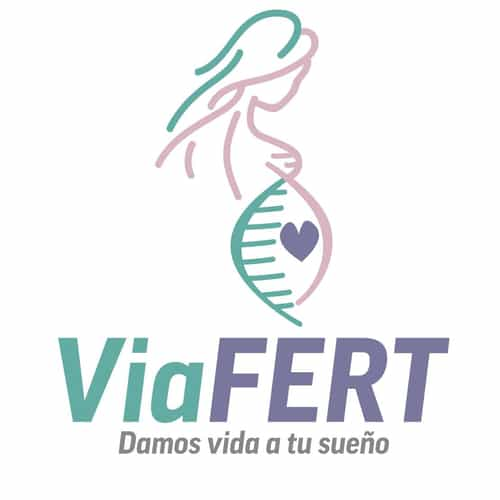
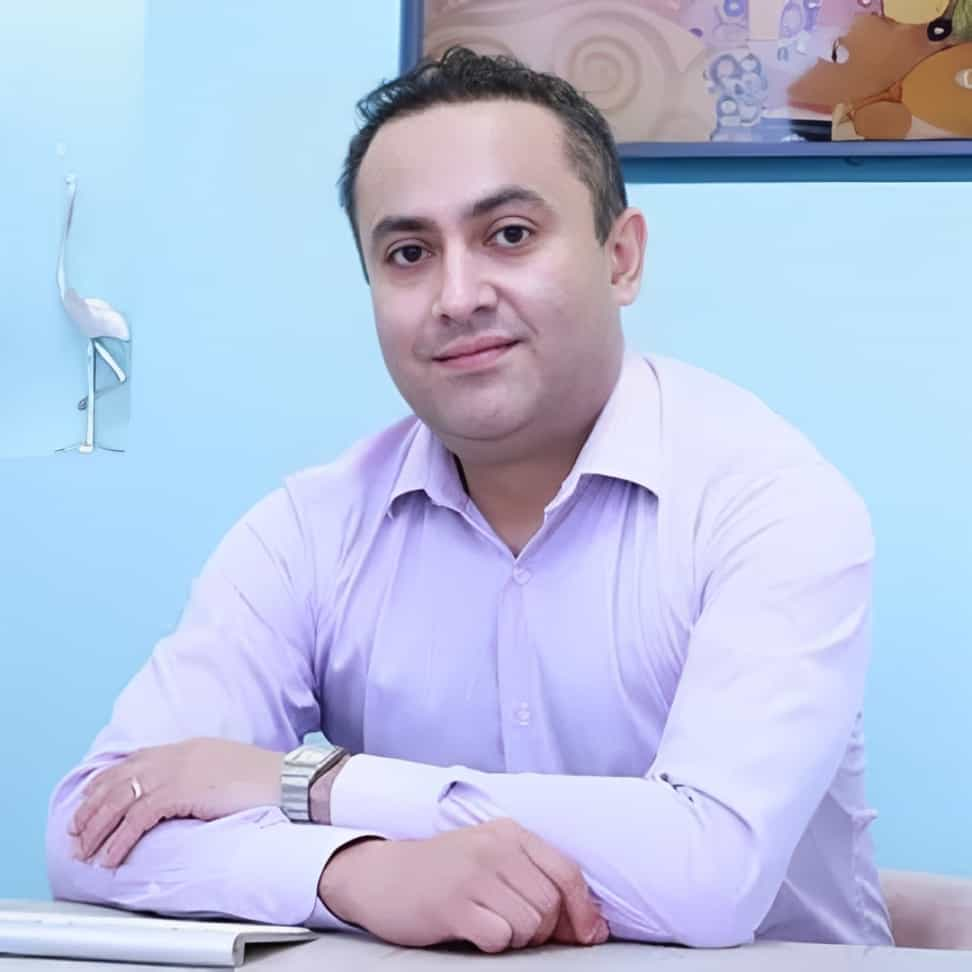

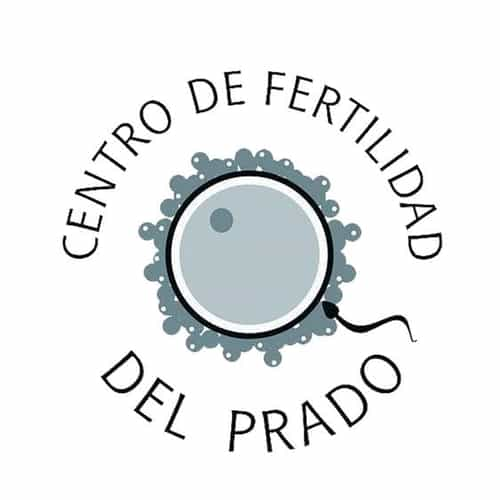
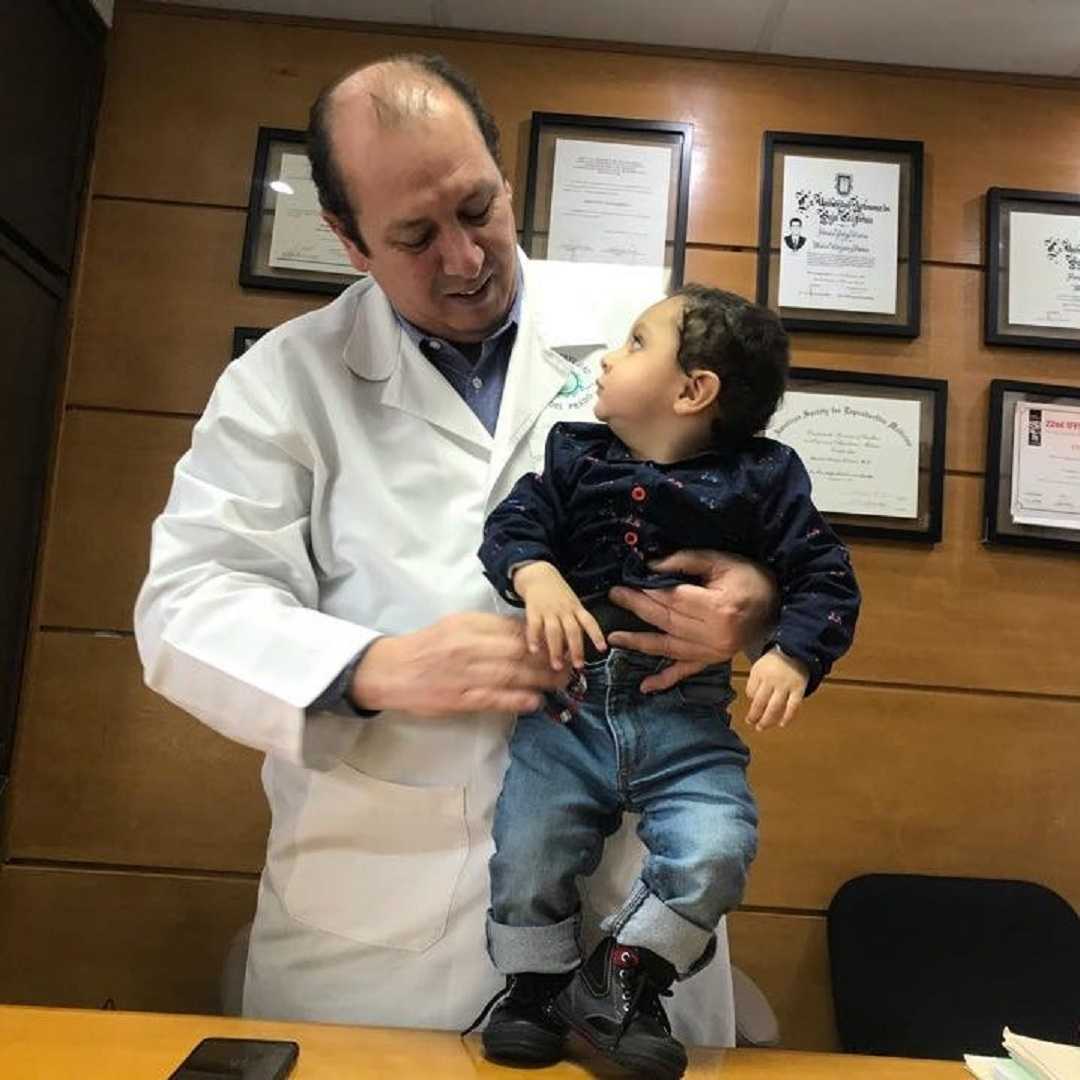
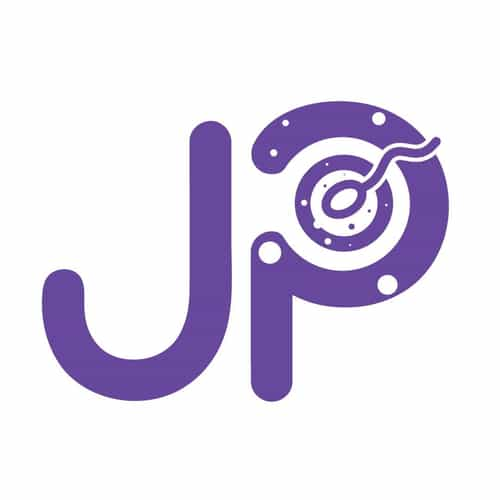



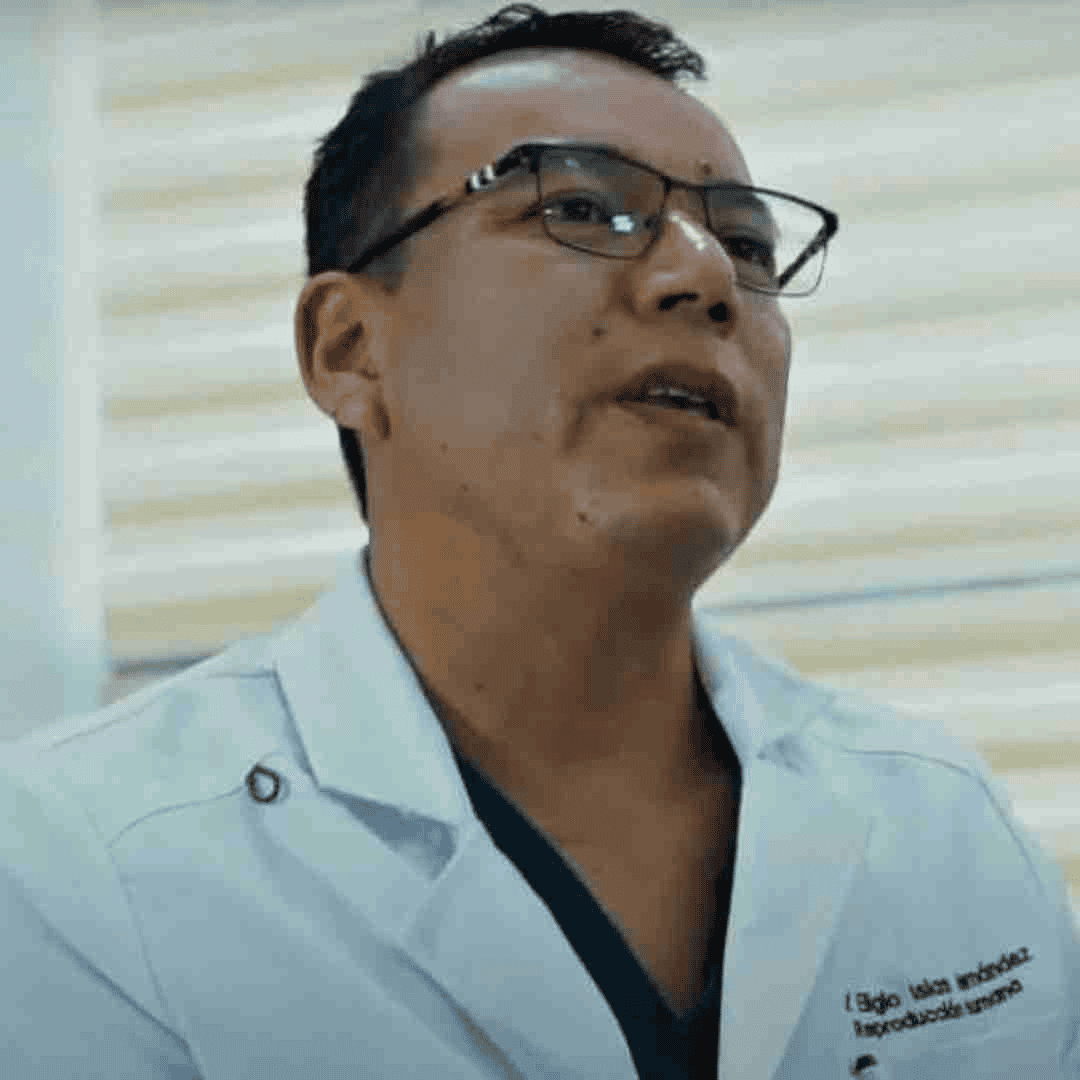

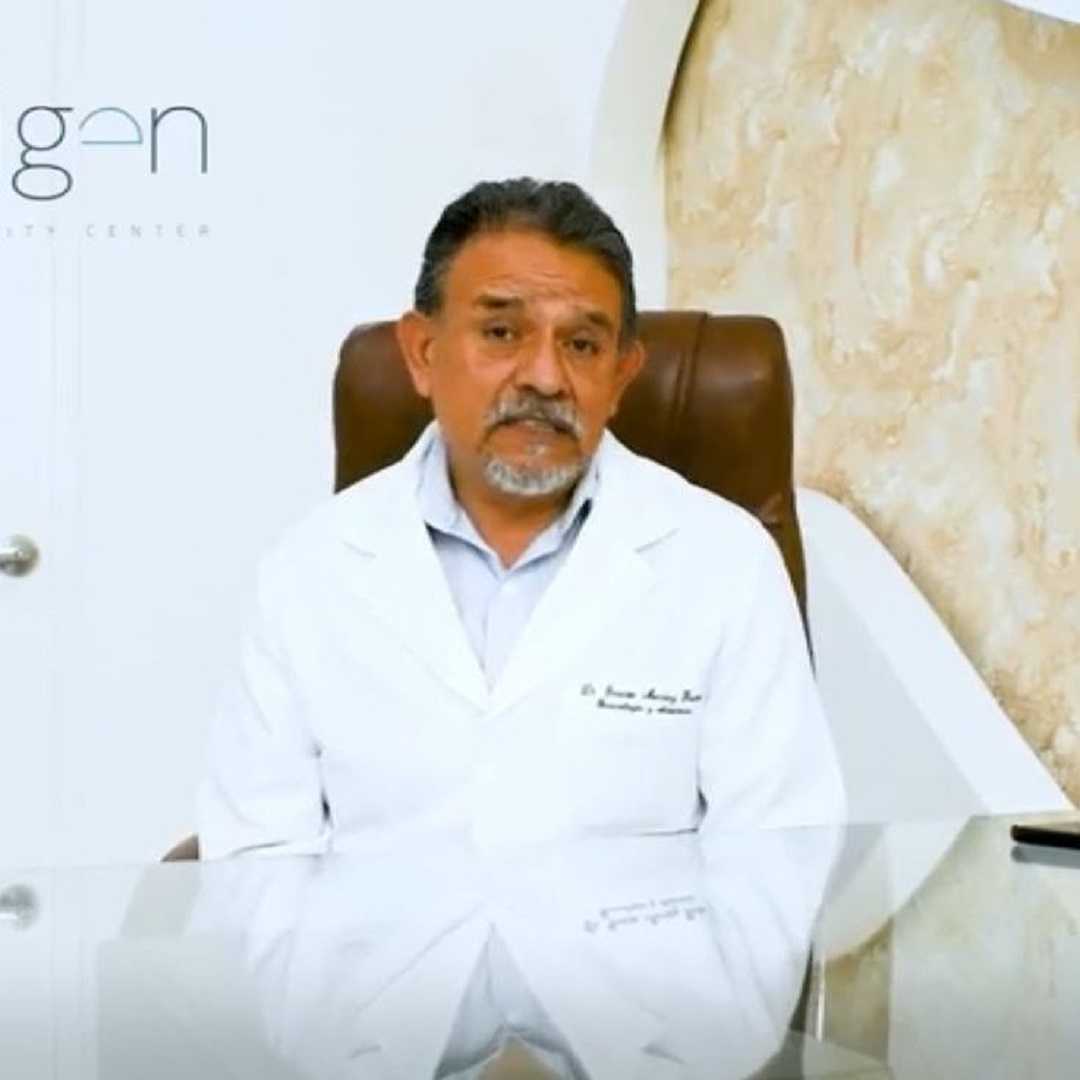


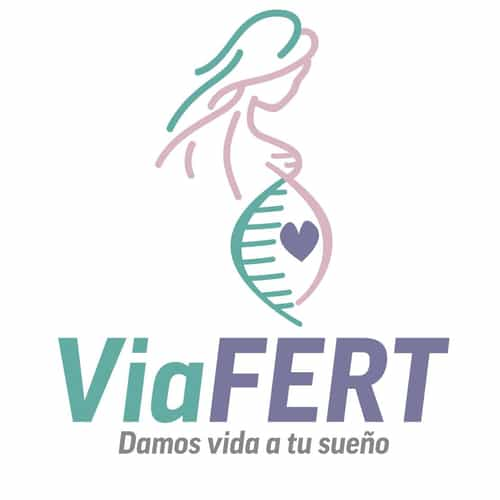
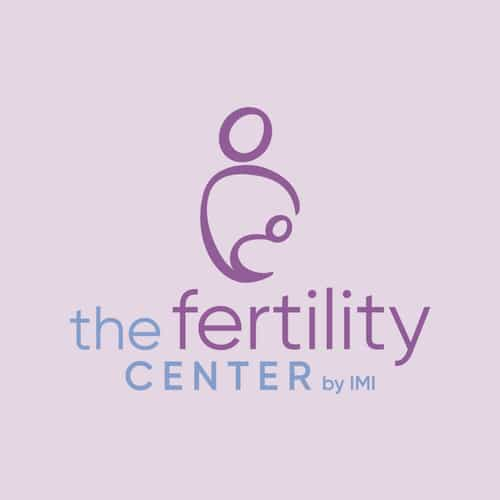

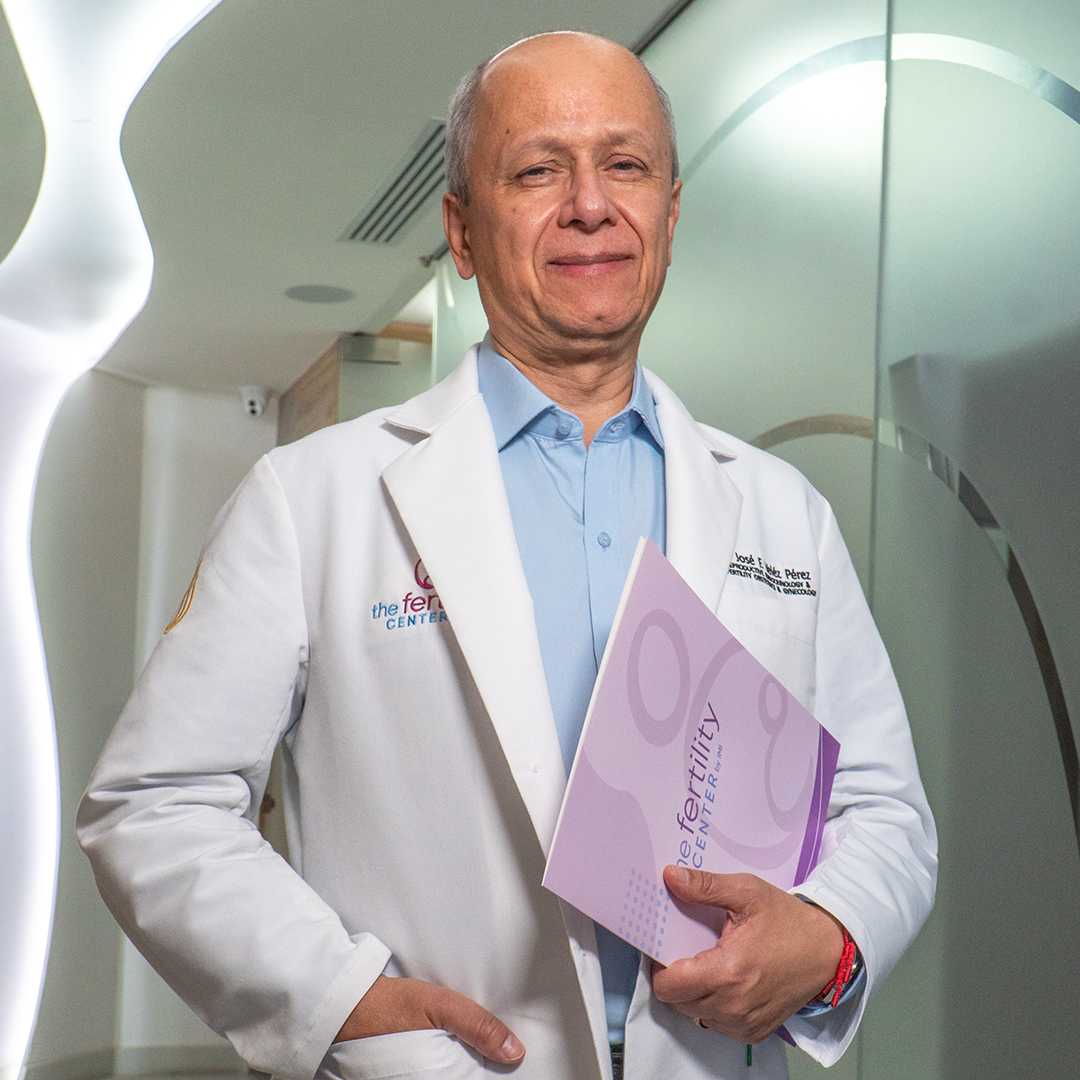


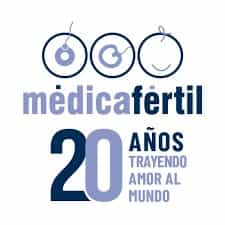






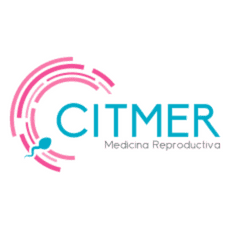
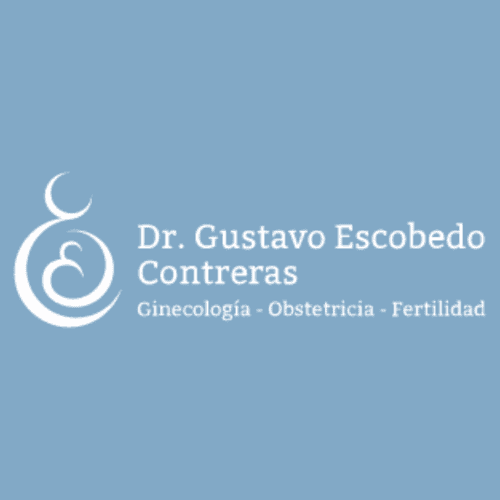




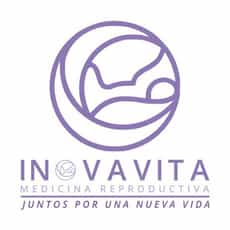
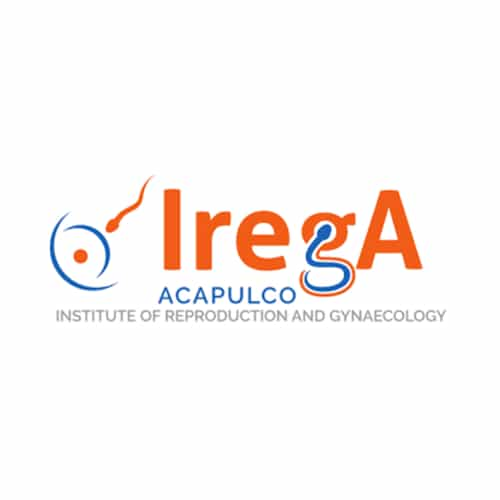
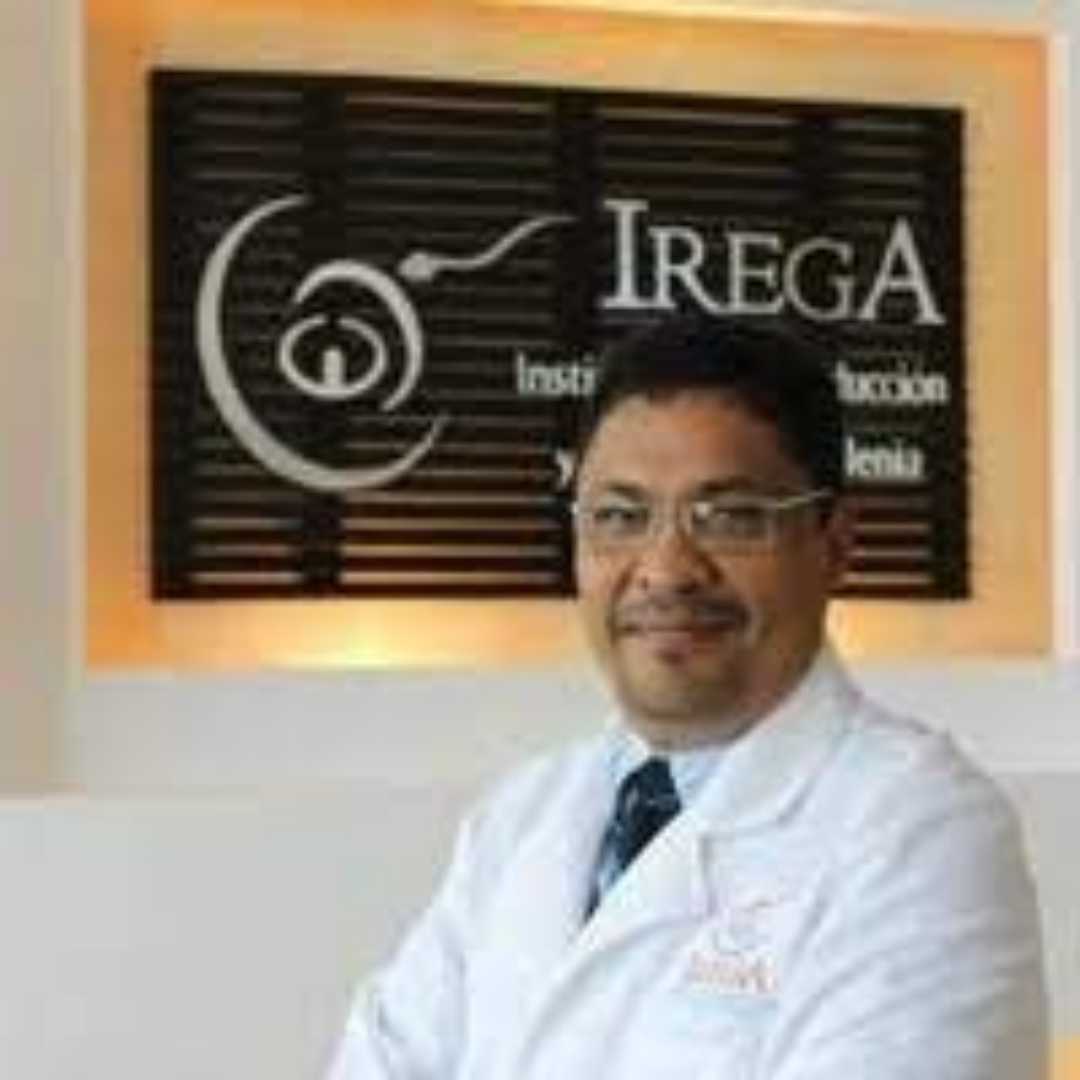




.png)
.png)
.png)
.png)

Assisted reproduction specialists at the Meadow Fertility Center are references in human reproduction in the Northwest of the country and Southern California. For 20 years, they offer first-rate, infertility, IVF and Gynecology treatments. Dr. Horacio Ortega has been my lifelong gynecologist and the women in my family, and we are extremely grateful to him and the clinic. Highly recommended.
Read More